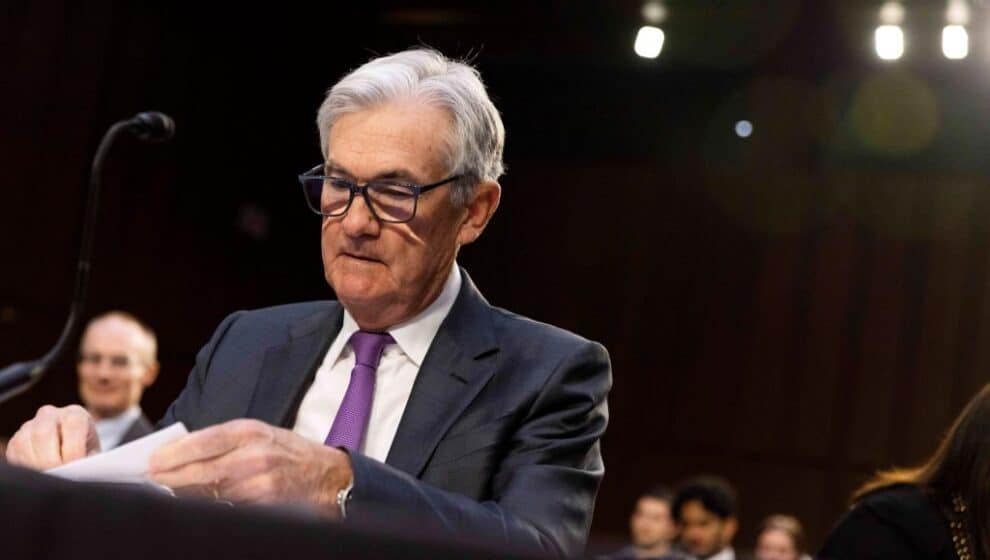The Federal Reserve is in a dangerous place, having to choose between allowing heightened inflation or sending the economy into recession.
Key Details
- Alexander Kurov, Ph.D., a professor of finance at West Virginia University, offers his thoughts on the ongoing banking crisis in an op-ed for Fortune.
- He says the Federal Reserve is facing a difficult decision between allowing inflation to become entrenched and allowing another banking crisis to threaten the economy, noting, “I would not want to be a Fed policymaker right now.”
- The Fed is currently in a meeting and will likely announce another interest rate hike on Wednesday—the degree of which could set the tone of the economy going forward.
Why It’s Important
The collapses of Silicon Valley Bank, Signature Bank, Silvergate Bank, and Credit Suisse have placed the global financial system in a pinch, with thousands of regional and national banks facing liquidity crises and bank runs. The Fed’s rapid rate of interest rate hikes in less than a year 0.25% to 4.75% played a role in unintentionally shrinking banks’ investments as the market shrank, resulting in the liquidity crisis.
As Kurov notes, the further tightening of the monetary system could have further negative repercussions on wounded banks. The Fed tends to hike rates “until something breaks,” and SVB’s collapse might indicate that the Fed is raising too much anxiety and pressure. More bank runs in the current market would kill more banks.
“Making another big interest rate hike would risk exacerbating the global banking turmoil sparked by Silicon Valley Bank’s failure on March 10. Raising rates too little, or not at all as some are calling for, could not only lead to a resurgence in inflation, but it could cause investors to worry that the Fed believes the situation is even worse than they thought—resulting in more panic,” he says.
However, inflation is not a minor problem. The Consumer Price Index peaked at 9.1% in June 2022 and currently sits at 6%, well above the Fed’s target goal of 2%. This places regulators in a bind between two risky choices—devaluing Americans’ buying power through high inflation or damaging the economy and banking system, requiring another bailout.
Notable Quote
“Fed officials are right to worry about fighting inflation, but they also don’t want to light the fuse of a financial crisis, which could send the U.S. into a recession. And I doubt it would be a mild one, like the kind economists have been worried the Fed’s inflation fight could cause. Recessions sparked by financial crises tend to be deep and long—putting many millions out of work. What would normally be a routine Fed meeting is shaping up to be a high-wire balancing act,” says Kurov.
